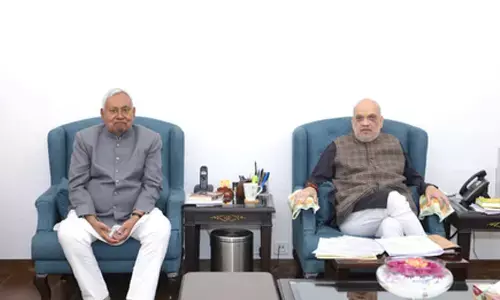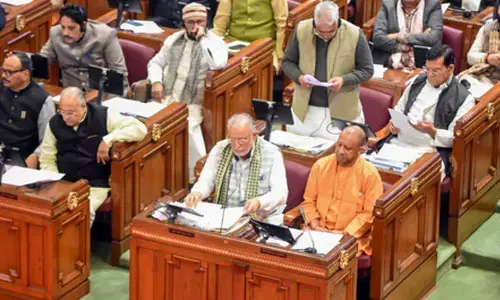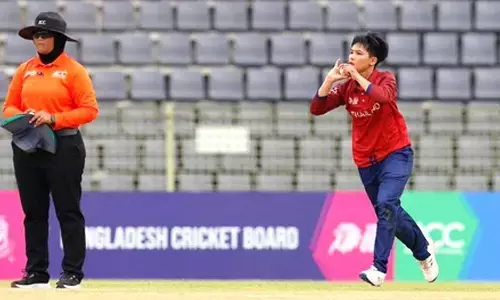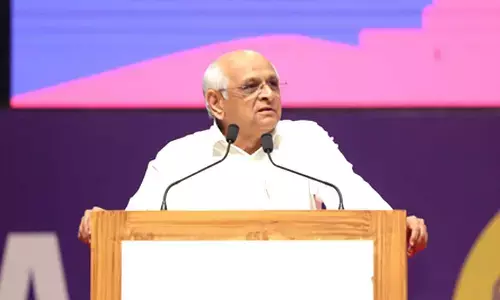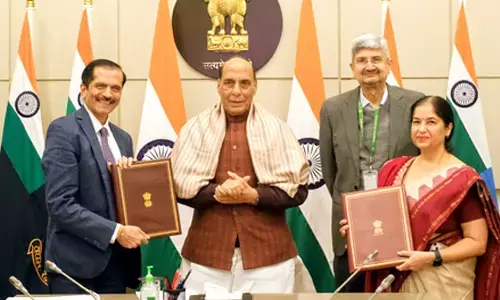Indian family of 7 says 'living like prisoners' in UAE; seeks to legalize residency status
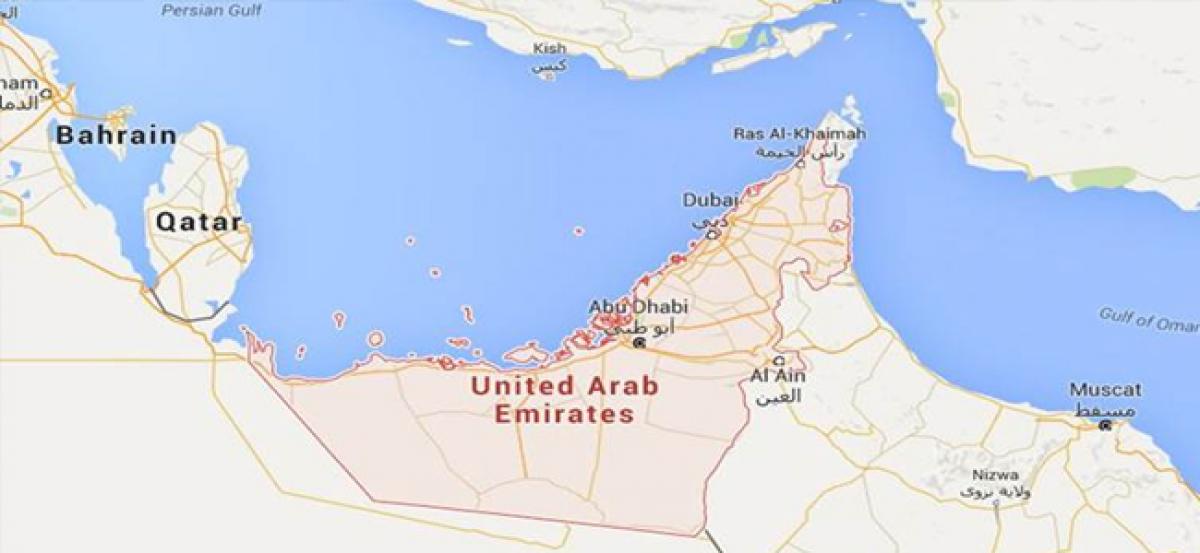
An Indian family of seven, claiming to be living like prisoners in Sharjah, is seeking help from the UAE government to legalise their residency status fearing arrest and deportation, a media report said today
Dubai: An Indian family of seven, claiming to be "living like prisoners" in Sharjah, is seeking help from the UAE government to legalise their residency status fearing arrest and deportation, a media report said today.
The family, three of whom do not have passports and visas, said that they do not even have enough to eat and there are days when they have to survive on a packet of quboos (Arabic bread), Khaleej Times reported.
Madhusudhanan, 60, from Kerala, and his Sri Lankan wife Rohini, 55, said they want to give a normal life to their children who have never been to school in their lifetime, the report said.
Their four daughters - Ashwathy, 29, Sangeetha, 25, Shanthi, 23, Gauri, 22 - and one son, Mithun, 21, are all unemployed and live with their parents in a dilapidated two-bedroom house in Sharjah, it said.
"I could not enrol my five children in school because of our illegal status. They did not even have their passports for a long time. They haven't travelled outside the UAE even once. They have suffered for a lifetime. I want them to have a decent life," Madhusudhanan said.
All the children have been home-schooled by their mother and now can read and write, the report said.
"Children are afraid to go out. We are living like prisoners without knowing what our future would be. I have scarified 30 years of my life for my family. My children deserve better," said Rohini.
Madhusudhanan came to the UAE in 1979 as a worker. He married Rohini in 1988.
"Everything turned upside down when I lost my job after three years, ending up as an illegal resident," he said, adding that before he had his first daughter in 1989, he lost his second job also.
"I could not apply for her passport because I was living illegally in the country. By the time I found another job and had a resident visa, my wife lost her job as a sales girl in a studio in 1992 - the same year we had our second child. And because of the mother's illegal status, applying for a child's passport was not possible," he said.
The couple said that they managed to secure passports for their four children, except for the eldest one, with the help of community organisations.
When asked why he did not want to leave the country by availing the general amnesty declared in 2003, 2007 and 2013, Madhusudhanan claimed he did not want to split his family.
"How could I go to India leaving my wife behind? She is a Sri Lankan and does not have an Indian passport. My children are attached to their mother and they cannot live without her. I had to stay to keep my family together," he said.
The couple said they hope to legalise their status and enroll children in some vocational courses as they have lived in the country for nearly four decades.


